An adventurer’s guide to social isolation
The Week’s resident expedition leader, Henry Haselock, on what we can learn from the heroics of the past
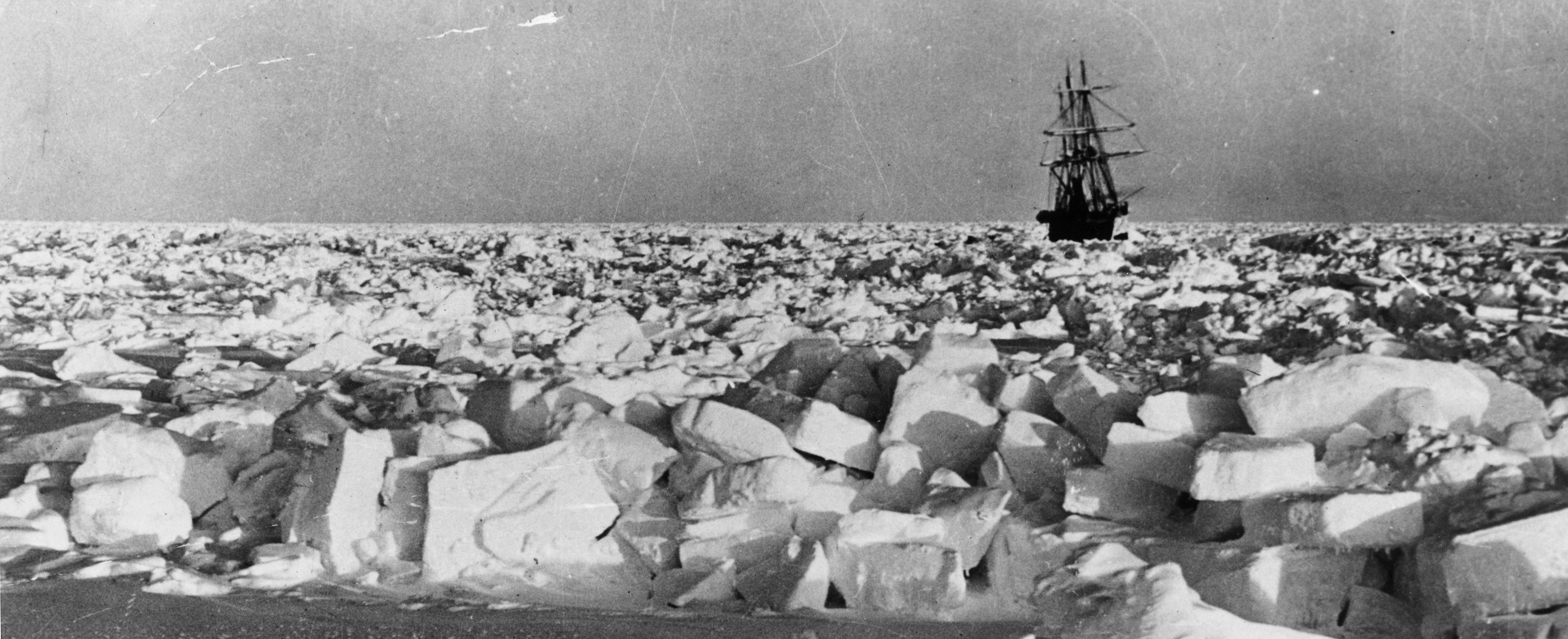
A free daily email with the biggest news stories of the day – and the best features from TheWeek.com
You are now subscribed
Your newsletter sign-up was successful
As I sit in my flat in self-isolation, adapting to my new way of life, it has been helpful to reflect on what I’ve learnt from my own experience of past expeditions.
Being on your own gives you time to learn about yourself - a time to think, reflect and gather. Even in the most uncomfortable situations you need to strive for the positive, adapt to new surroundings, keep calm and keep an eye on the horizon. They say most expeditions are 30% physical and 70% mental.
Even more inspiring, however, are the tales of people who conquered truly extreme conditions. For me, the prime example is Ernest Shackleton and his epic story of survival on the Imperial Trans-Antarctic Expedition of 1914-17.
The Week
Escape your echo chamber. Get the facts behind the news, plus analysis from multiple perspectives.

Sign up for The Week's Free Newsletters
From our morning news briefing to a weekly Good News Newsletter, get the best of The Week delivered directly to your inbox.
From our morning news briefing to a weekly Good News Newsletter, get the best of The Week delivered directly to your inbox.
Trapped in the ice
In August 1914, Shackleton left London aboard his ship Endurance, his goal the first land crossing of the Antarctic continent. This would be the last time his 28-man team would touch land for an agonising 497 days.
The following January, Endurance became trapped in the ice, and despite the crew’s efforts it could not be freed. The men were more than 1,000 miles from any other human, and no-one else knew the desperate reality of their situation. It would be 19 months before they would see any of their families again.
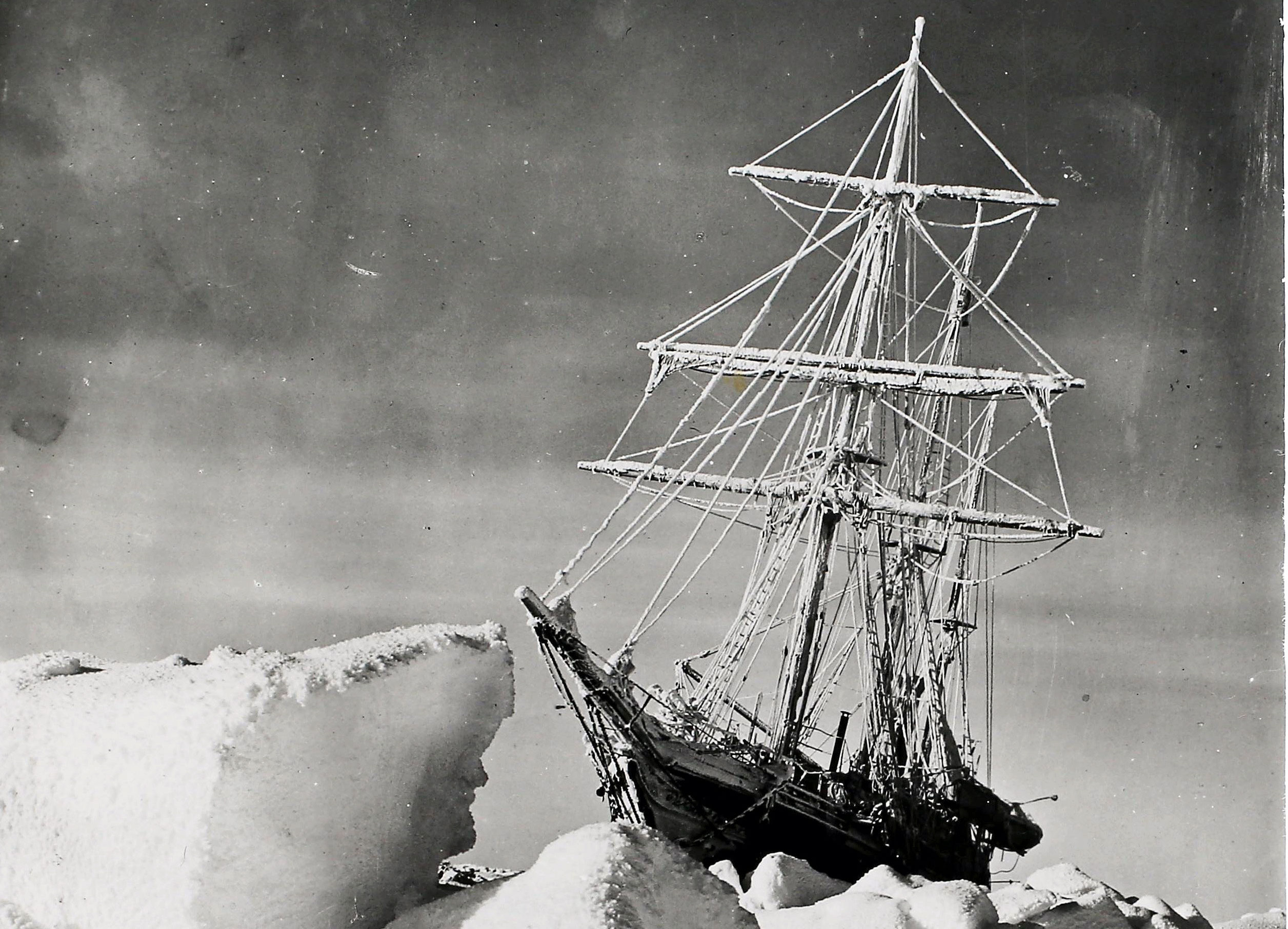
Shackleton was concerned that extreme weather, diminishing rations, confinement and boredom would take their toll on his men, and he knew he had to keep their spirits high to stave off demoralisation and depression.
A free daily email with the biggest news stories of the day – and the best features from TheWeek.com
He introduced a range of tasks to keep a sense of structure, actively encouraged singing and games and asked groups to put on plays in the evenings. He scheduled parties to celebrate significant dates, such as midwinter’s day, which was observed with a feast. He also made it clear that anyone could talk to him at any point, encouraging strong communication. Exercise played a vital role in keeping morale high, with football games and races around the ship keeping the crew fit and stimulated.
This discipline of structure and routine worked well, and during their ten-month imprisonment the men were remarkably content. In their diaries, they report great joy during moments of celebration.
All 28 survived their ordeal and returned safely home.
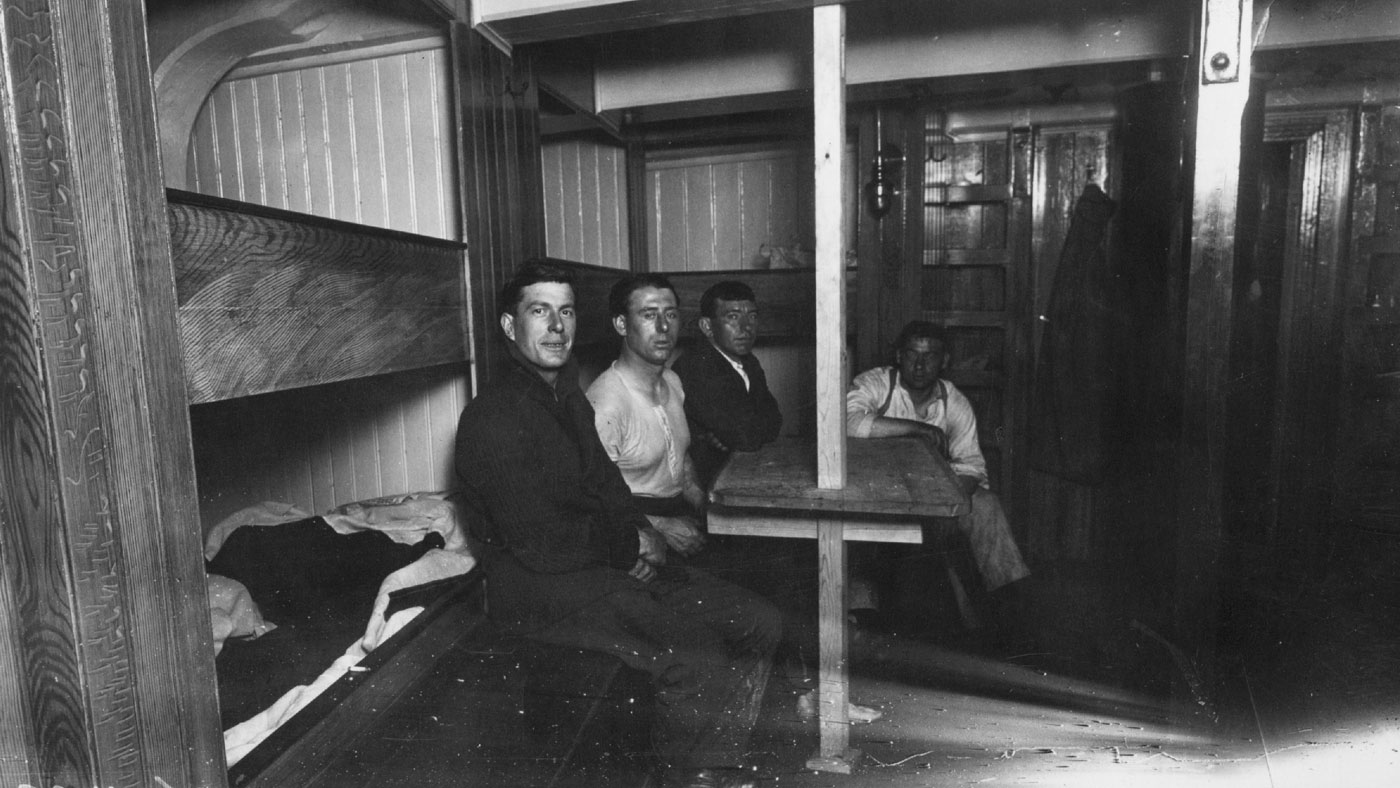
Able seamen Joe Irving, Oswald Barr, Tim McCarthy and Walter How aboard Endurance as they prepare to leave Millwall Docks in July 1914 (Topical Press Agency/Getty Images)
Lessons for our own isolation
Shackleton’s approach can help us find a way through our own period of isolation.
He always believed in his mission, taking responsibility for where it had led him. Although we did not choose to be a part of the pandemic, we can take responsibility for the measures we need to bring it under control: the sooner we can accept our predicament, the more easily we can take back control and remain positive. As Shackleton did, it’s important to remain enthusiastic and keep busy, setting yourself tasks that, once completed, will naturally result in a sense of achievement.
It’s important to keep up a sense of humour too, especially within a group, be it family or friends. Put on skits, play games, set yourself mini-competitions - anything to distract from the negatives and help with morale.
Just as Shackleton arranged football matches and drills around the boat, it’s important to keep up fitness. This will boost mental and physical health, helping you to fight off anxiety and maintain a good immune system. Use the daily outdoor exercise allowance or set up circuits in your living room or garden.
If you are living with family or friends, helping one another will improve the common good.Everyone will have their down moments, so it’s vital to communicate and respond with generosity. Even if you’re on your own, you can call or write to loved ones and friends. You can’t always cope alone: the key is to work together. Try not to fixate on the negatives and instead embrace the positives.
Stay strong, everyone.
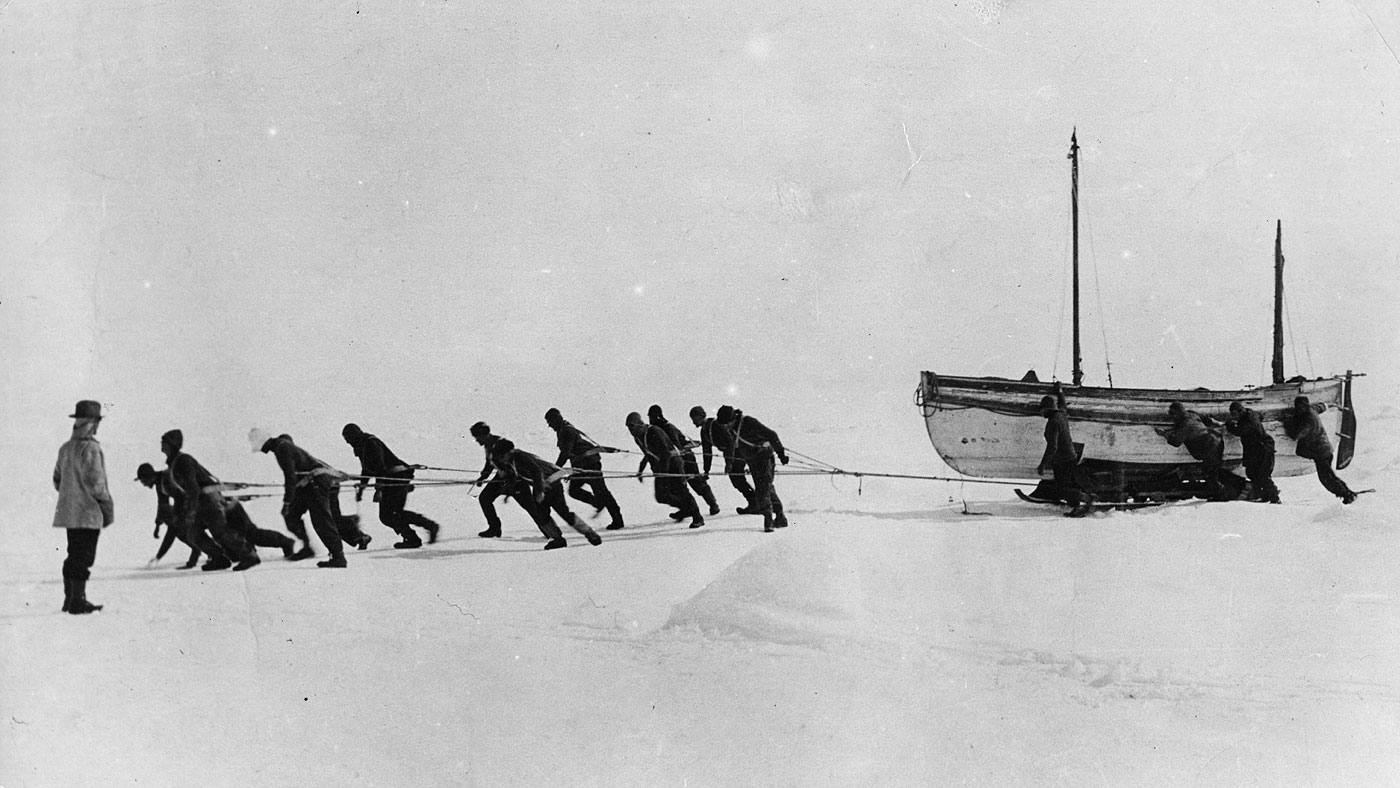
Shackleton’s crew haul Endurance’s lifeboat ashore in 1916 (Hulton Archive/Getty)
-
 Corruption: The spy sheikh and the president
Corruption: The spy sheikh and the presidentFeature Trump is at the center of another scandal
-
 Putin’s shadow war
Putin’s shadow warFeature The Kremlin is waging a campaign of sabotage and subversion against Ukraine’s allies in the West
-
 Media: Why did Bezos gut ‘The Washington Post’?
Media: Why did Bezos gut ‘The Washington Post’?Feature Possibilities include to curry favor with Trump or to try to end financial losses
-
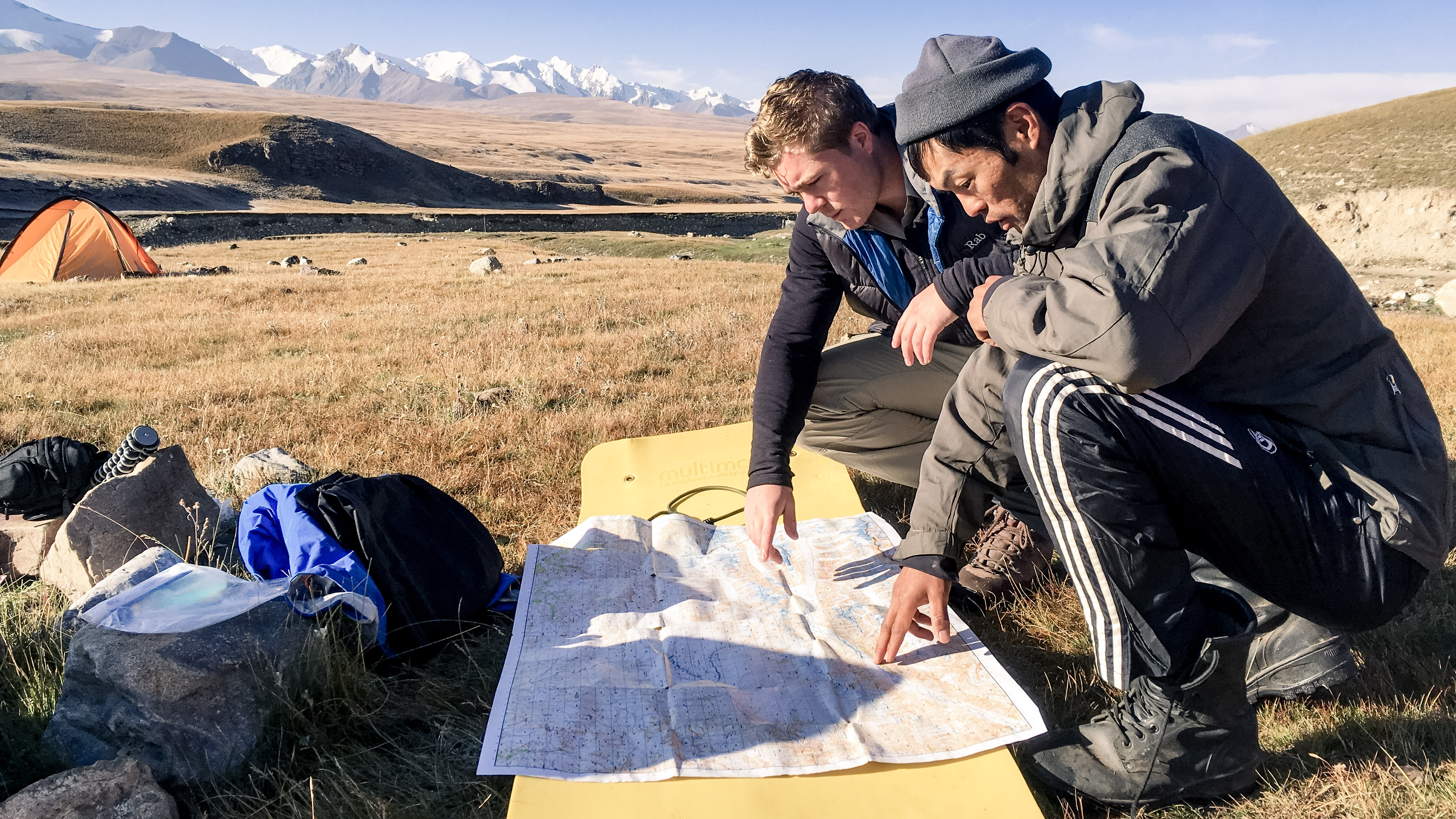 How community-based tourism can reshape travel for the better
How community-based tourism can reshape travel for the betterIN And five tips for finding a responsible community travel company
-
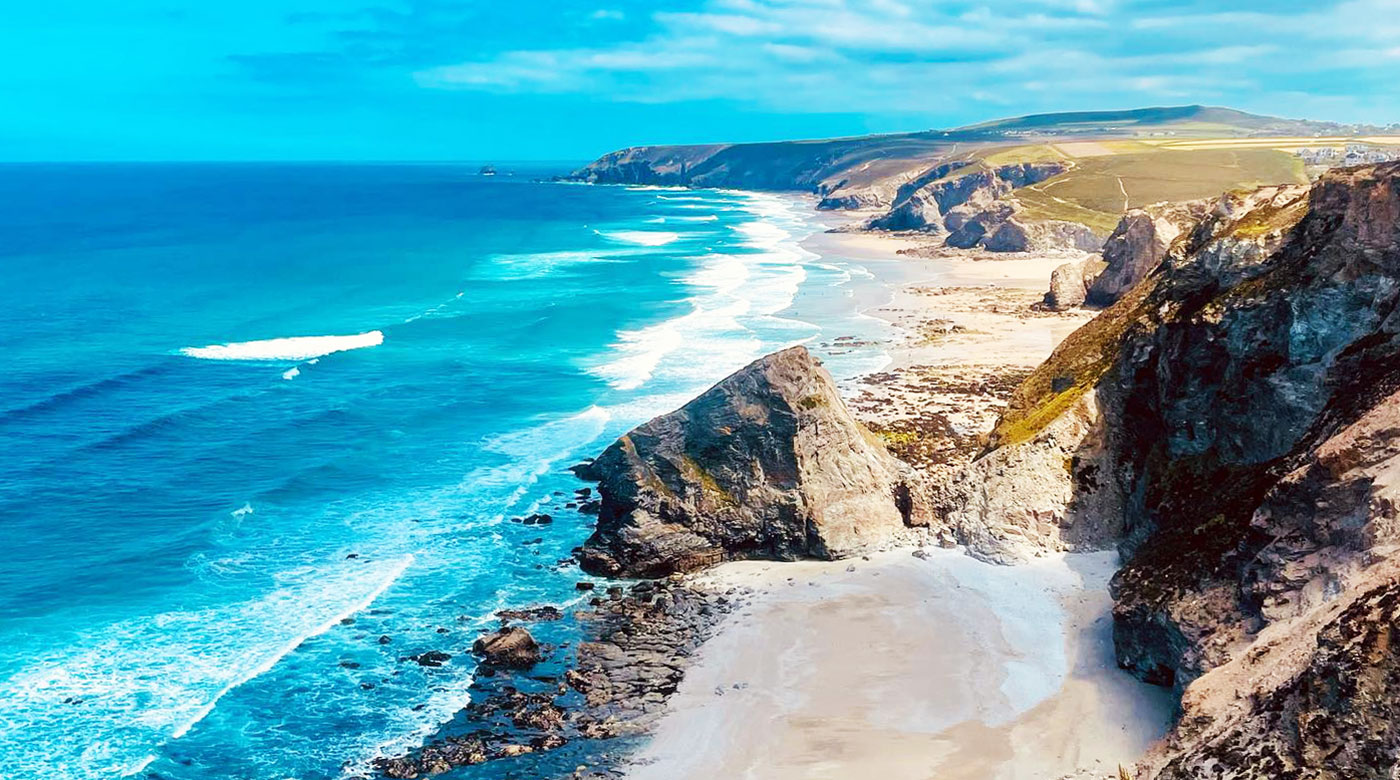 UK adventure breaks: challenge yourself on an active staycation
UK adventure breaks: challenge yourself on an active staycationThe Week Recommends From the South Downs to the West Highland Way, Britain is one big adventure playground
-
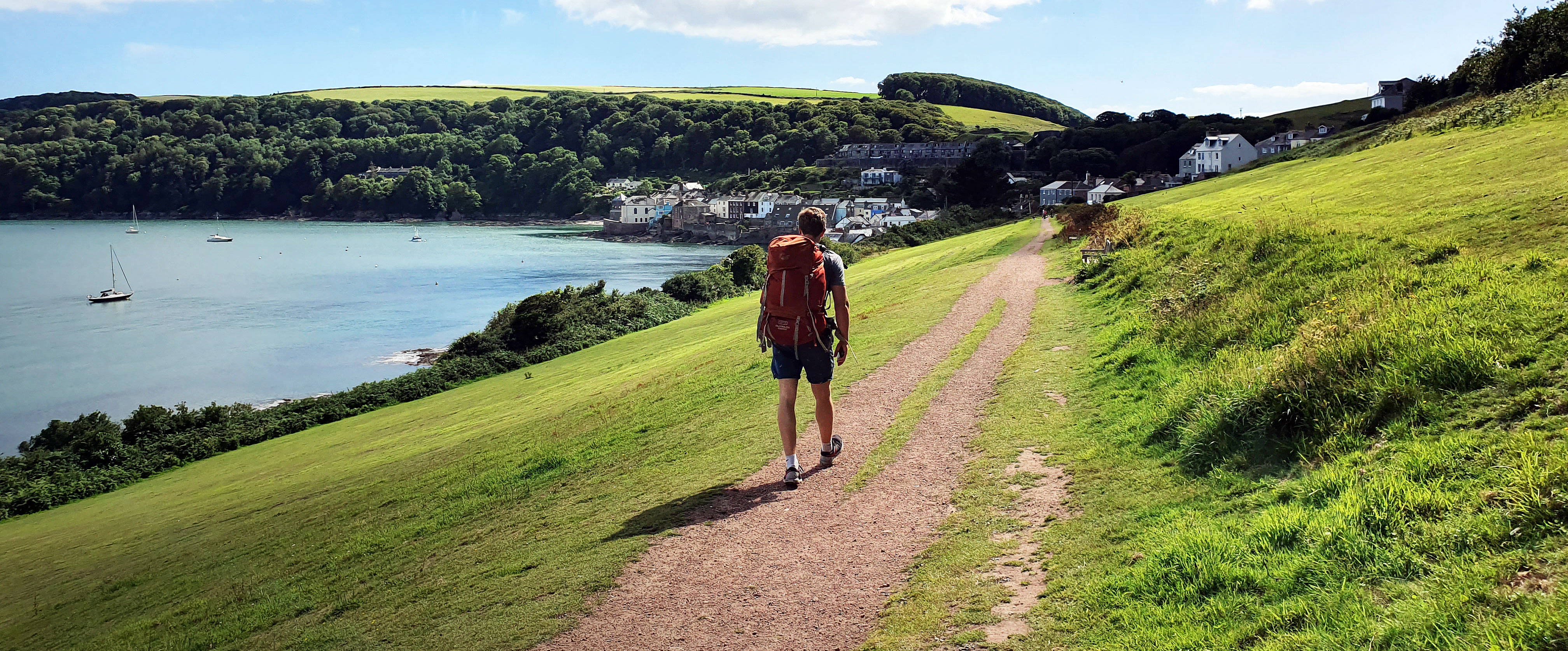 Hiking the South West Coast Path: a Covid micro adventure
Hiking the South West Coast Path: a Covid micro adventureThe Week Recommends The Plymouth-to-Falmouth trail is perfect for blowing away lockdown cobwebs
-
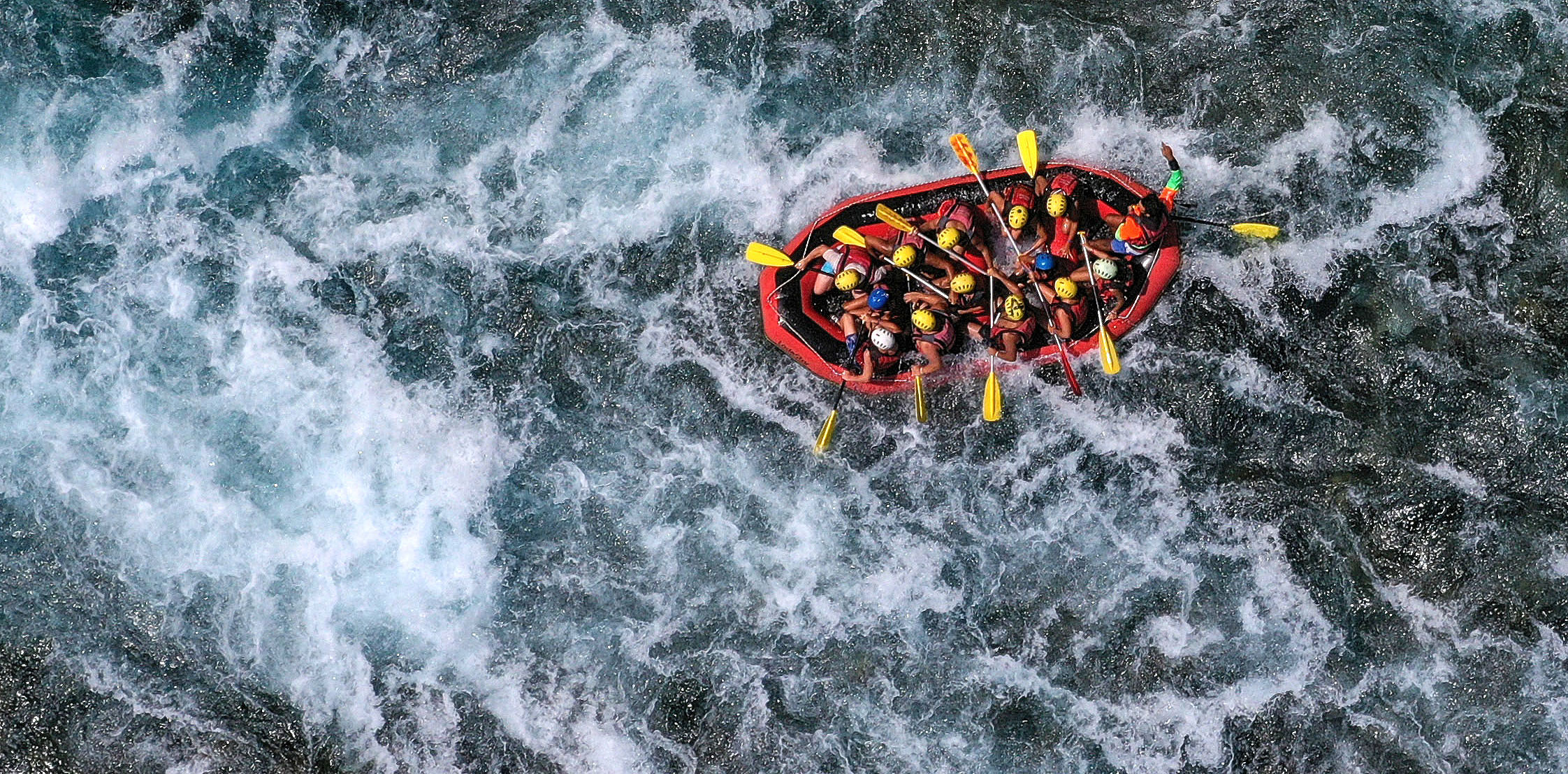 Weekend adventurers: seven days out in the great outdoors
Weekend adventurers: seven days out in the great outdoorsThe Week Recommends
-
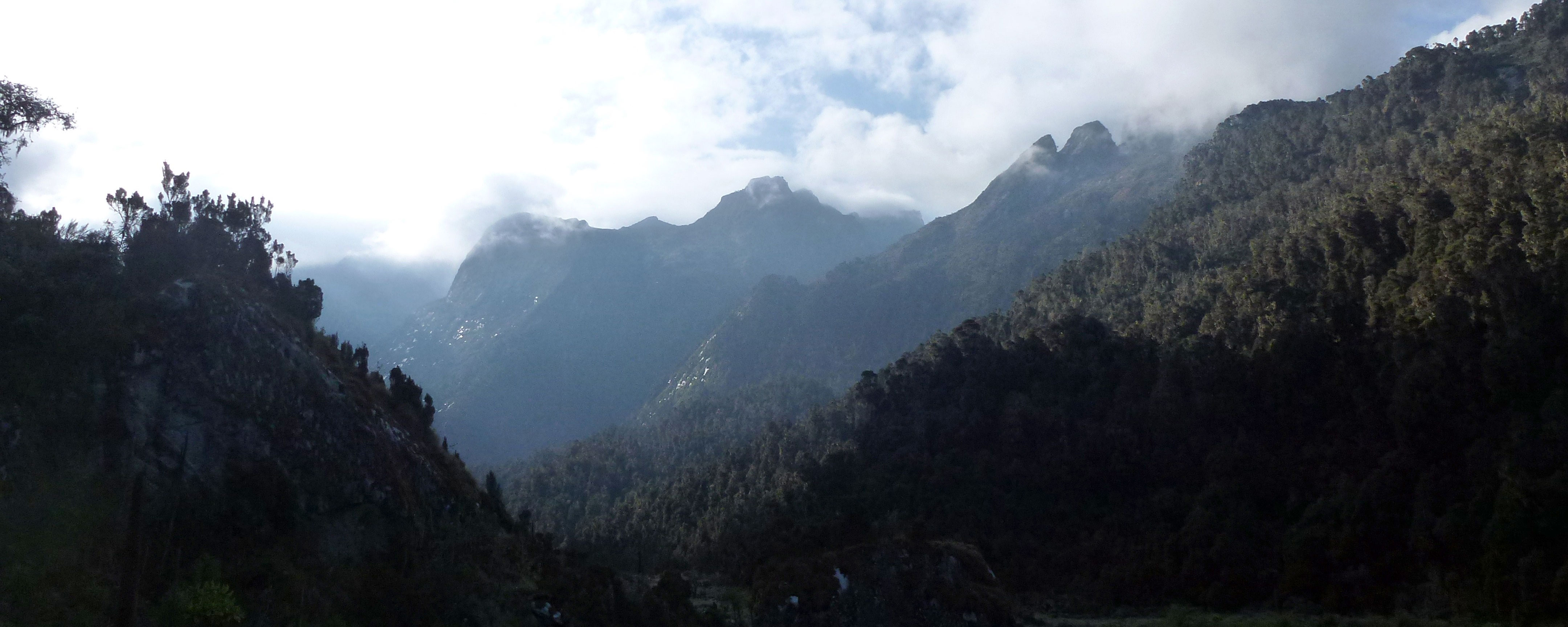 Climbing Mount Stanley, the Mountain of the Moon
Climbing Mount Stanley, the Mountain of the MoonThe Week Recommends Kilimanjaro may be taller, but Uganda’s highest peak is a more challenging climb
-
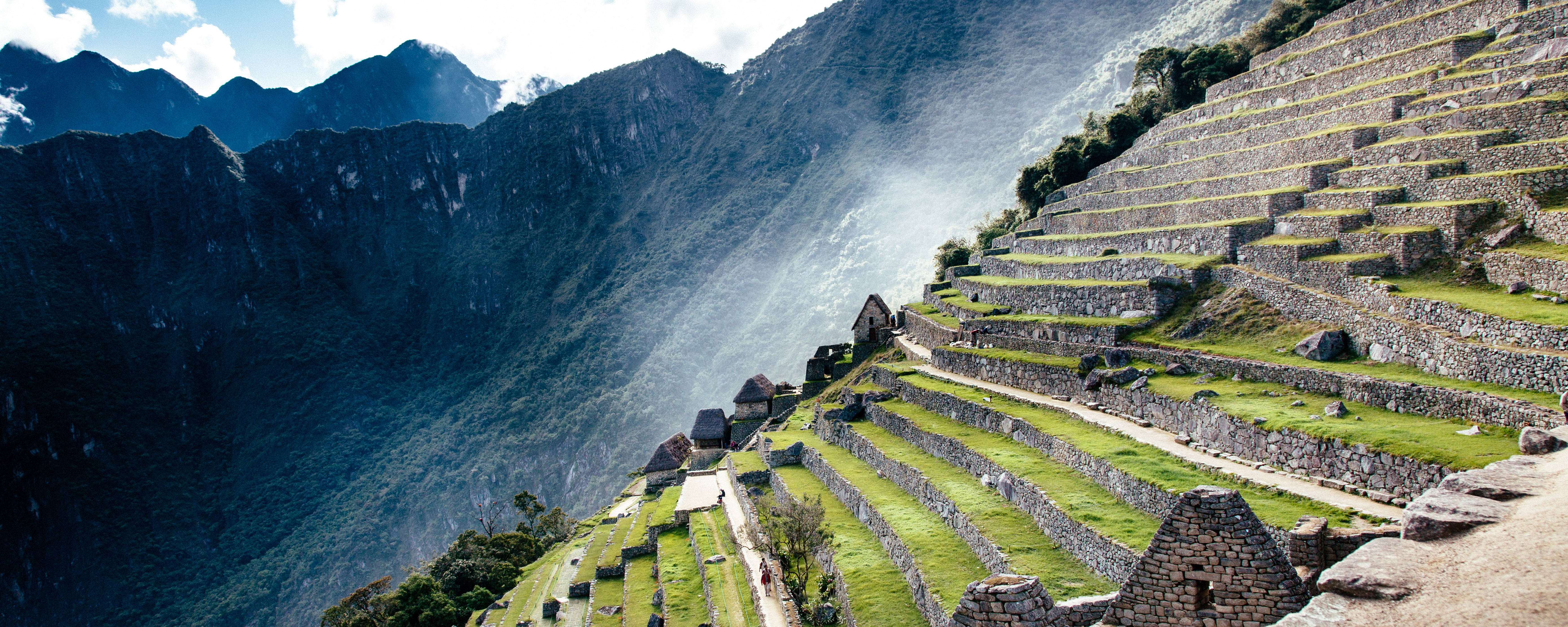 Salkantay and Lares: the slow road to Machu Picchu
Salkantay and Lares: the slow road to Machu PicchuThe Week Recommends When you’re surrounded by Andean culture and landscapes, there’s no need to hurry
-
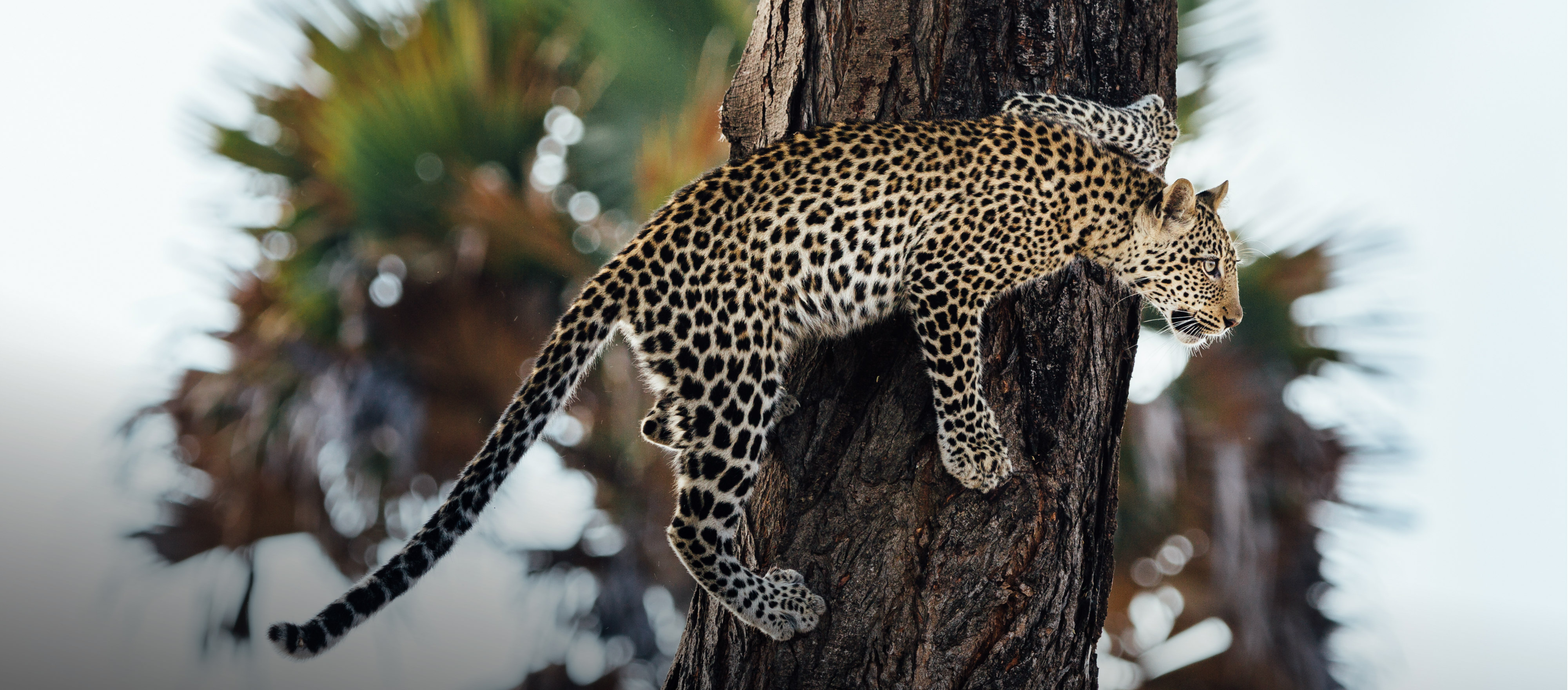 Wild Tanzania: safari with a sense of adventure
Wild Tanzania: safari with a sense of adventureThe Week Recommends Dive into Lake Tanganyika, see lions in a super-volcano crater and lock eyes with an alpha male chimp on Tanzania’s road less travelled
-
 Three adventures off the beaten track
Three adventures off the beaten trackSpeed Read Lose yourself in undiscovered corners of the world